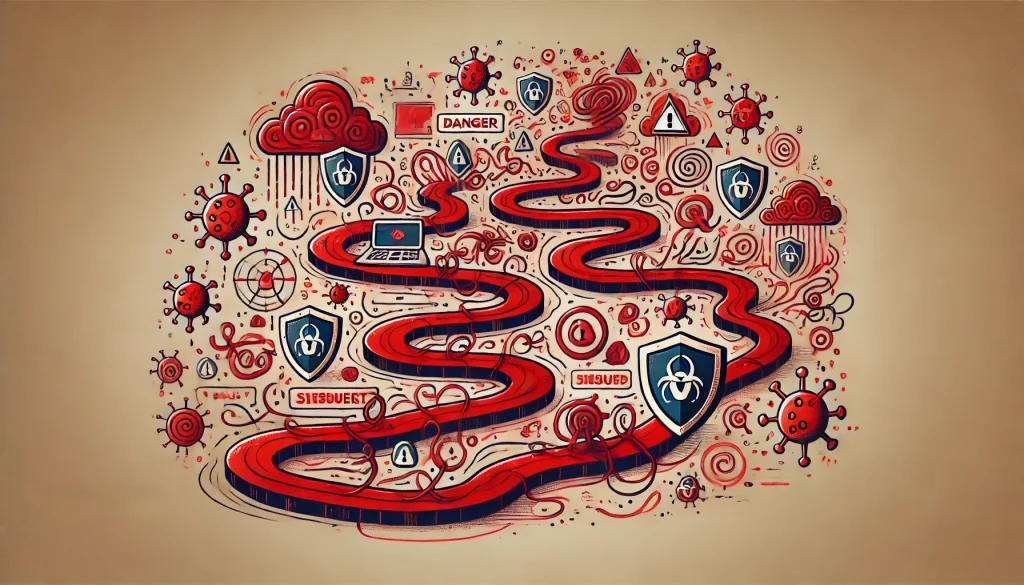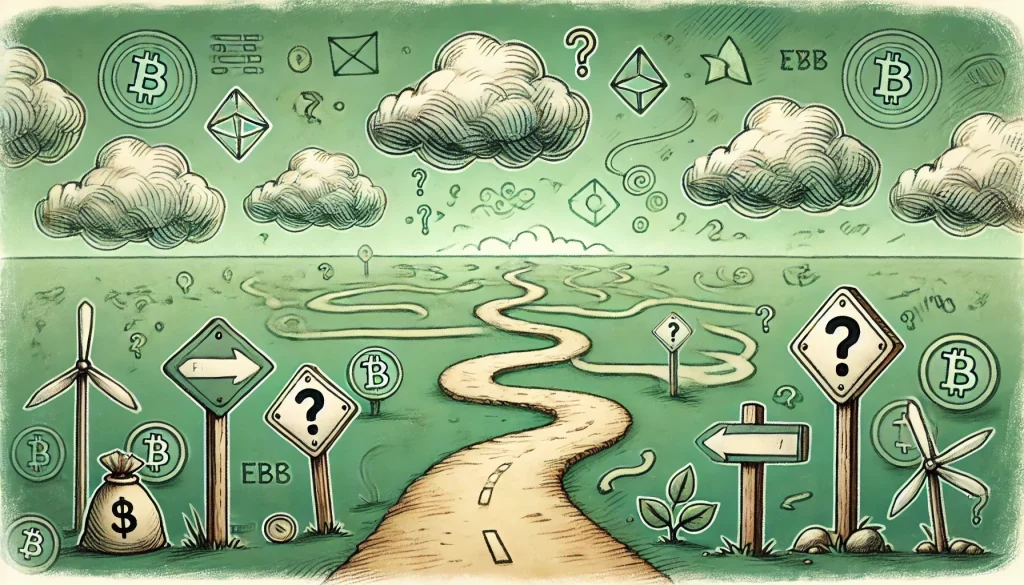In our last blog post, we explored why gamification is becoming the preferred alternative to traditional eLearning. Today, we’ll delve into the latest trends shaping the future of compliance training.
A New Era of Personalised and Engaging Training
Gamification in eLearning is rapidly evolving, particularly in business settings such as employee training and compliance training. Leveraging advanced technologies, this approach promises to transform traditional learning into an engaging, personalised, and effective experience. The integration of these cutting-edge technologies isn’t just an incremental improvement; it’s a revolutionary leap forward that makes learning not only more effective but also more enjoyable.
Imagine training programs that adapt to each learner’s pace and learning style, offering challenges that are perfectly suited to their current level of understanding. Picture immersive virtual environments where employees can practise real-life scenarios without any risk, making critical compliance training feel like an exciting adventure. The future of gamification in eLearning brings a level of interactivity and engagement that was previously unimaginable, turning mundane compliance tasks into thrilling experiences.

1. Personalised and Adaptive Learning
Artificial Intelligence (AI) and machine learning are at the forefront of this transformation. These technologies enable personalised and adaptive learning experiences by adjusting content and difficulty based on individual performance and progress. This tailored approach ensures that learners stay engaged and receive the support they need to master compliance-related topics effectively. According to research, companies using AI-driven gamification in training have reported a 60% increase in learner engagement and completion rates.
2. Augmented Reality (AR) and Virtual Reality (VR)
AR and VR are set to revolutionise gamified eLearning by providing immersive simulations. These technologies allow learners to practise skills and make decisions in a virtual environment that mimics real-life scenarios, enhancing knowledge retention and practical application. A study found that gamified learning using AR and VR can improve knowledge retention rates by up to 90%
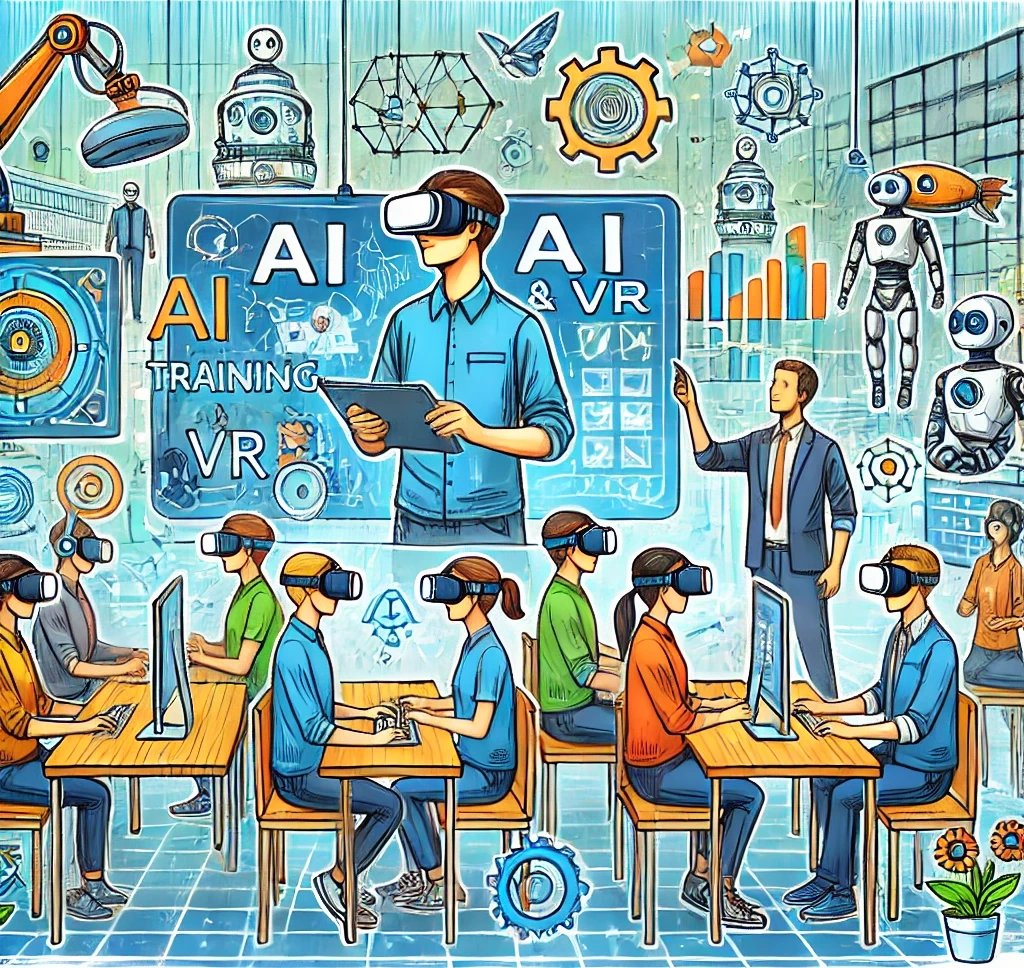
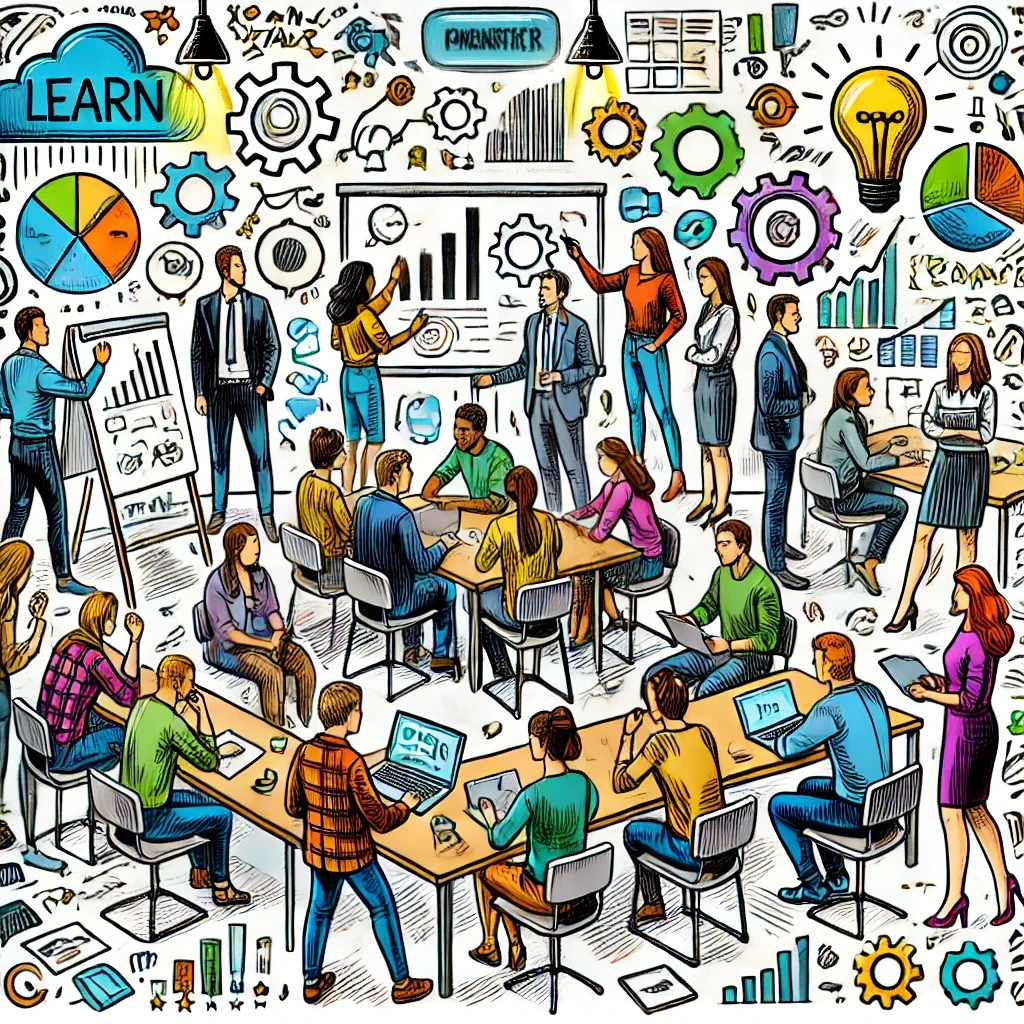
3. Social and Collaborative Learning
Incorporating social elements into gamified learning fosters collaboration and healthy competition. Features like leaderboards, team challenges, and peer interactions create a sense of community, making learning a shared and motivating experience. This sense of community and engagement further enhances the effectiveness of training programs. By fostering the right compliance culture, gamified training ensures that adherence to regulations becomes a natural part of the organisational ethos.
4. Microlearning and Mobile Learning
Modern learners often prefer bite-sized, on-the-go training, which is where gamified microlearning modules and mobile learning apps excel. These short, gamified lessons are perfect for reinforcing knowledge and skills in an engaging and convenient manner. They fit seamlessly into the busy schedules of employees, ensuring continuous learning without overwhelming them. Reports indicate that 83% of employees feel more productive with gamified training, highlighting its efficiency.
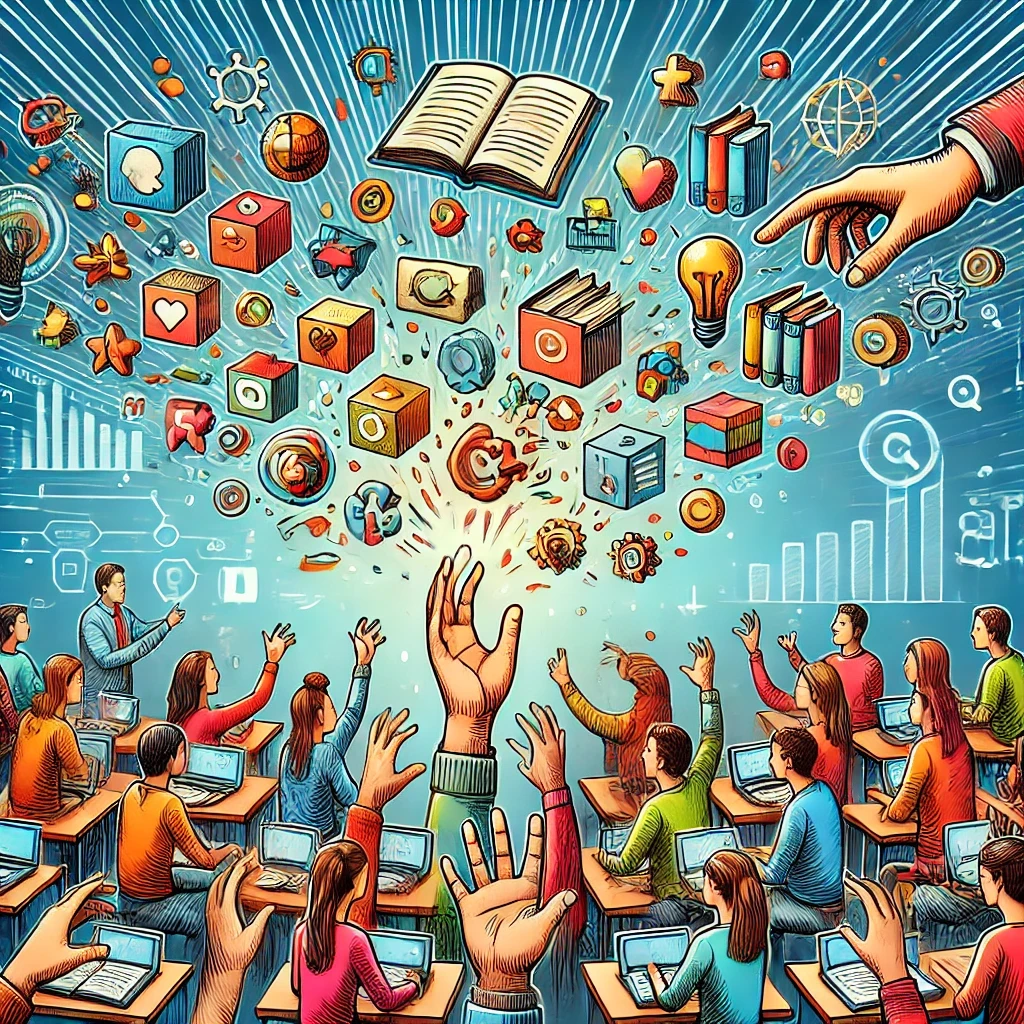
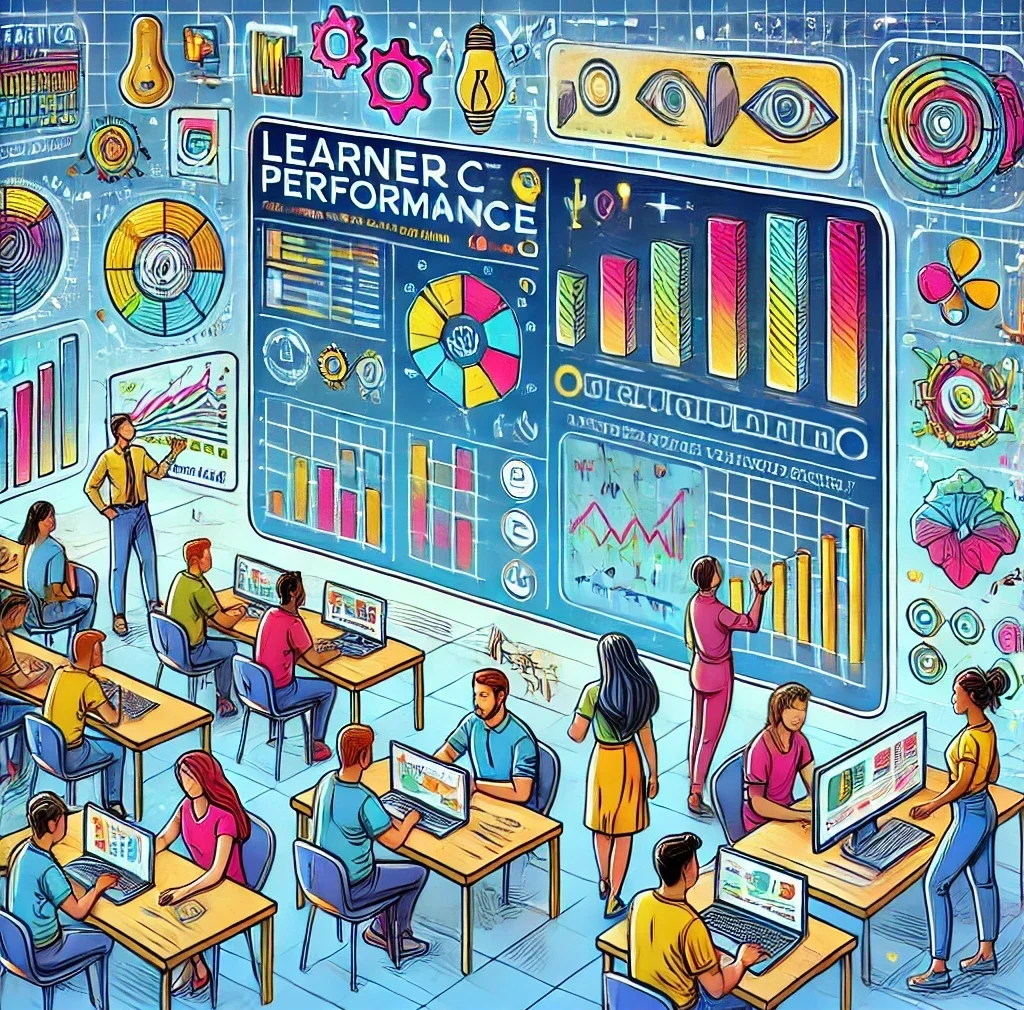
5. Data-Driven Insights
The use of learning analytics and data-driven insights is crucial for optimising gamified eLearning experiences. By analysing real-time data on learner engagement, performance, and preferences, organisations can refine their gamification strategies to better meet learners’ needs and improve overall training outcomes. Data-driven insights have been shown to improve knowledge retention and workplace productivity by 15% and 10%, respectively.
6. Compliance and Regulatory Training
Gamification is particularly valuable in compliance and regulatory training. It makes learning about regulations more engaging and effective by incorporating scenario-based simulations, quizzes, and rewards. This approach not only improves knowledge retention but also reduces the risk of non-compliance by ensuring that employees are well-versed in the necessary regulations. Implementing gamification in compliance training can reduce non-compliance risk by up to 30%.
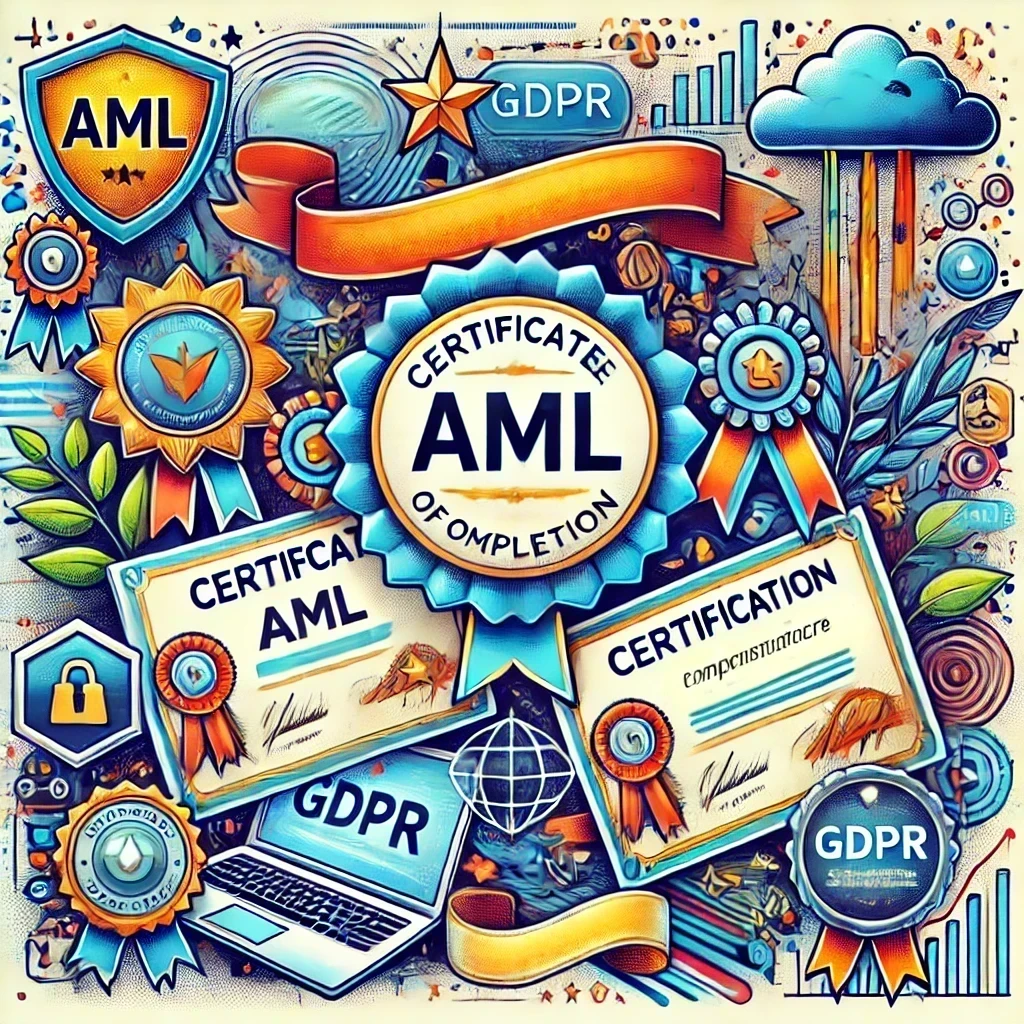
Key Takeaways
The future of gamification in eLearning, especially for business compliance training, is promising. By leveraging AI, AR, VR, social learning, microlearning, and data analytics, organisations can create immersive, engaging, and effective training experiences. These innovations not only enhance learning outcomes but also drive better business performance by ensuring that employees are well-equipped to meet compliance standards.
Incorporating these cutting-edge trends will not only make compliance training more interesting but also significantly improve its effectiveness, ensuring that employees remain compliant and knowledgeable in their respective fields.
Sources: eLearning Industry, Whatfix, Xperiencify, eLearning Company, Harvard Business Review
Are you ready to level up your training?
Transform your compliance with our gamified solutions. Whether you’re looking to enhance learner engagement, improve retention, or just want to discuss how gamification can benefit your organisation, we’re here to help.


